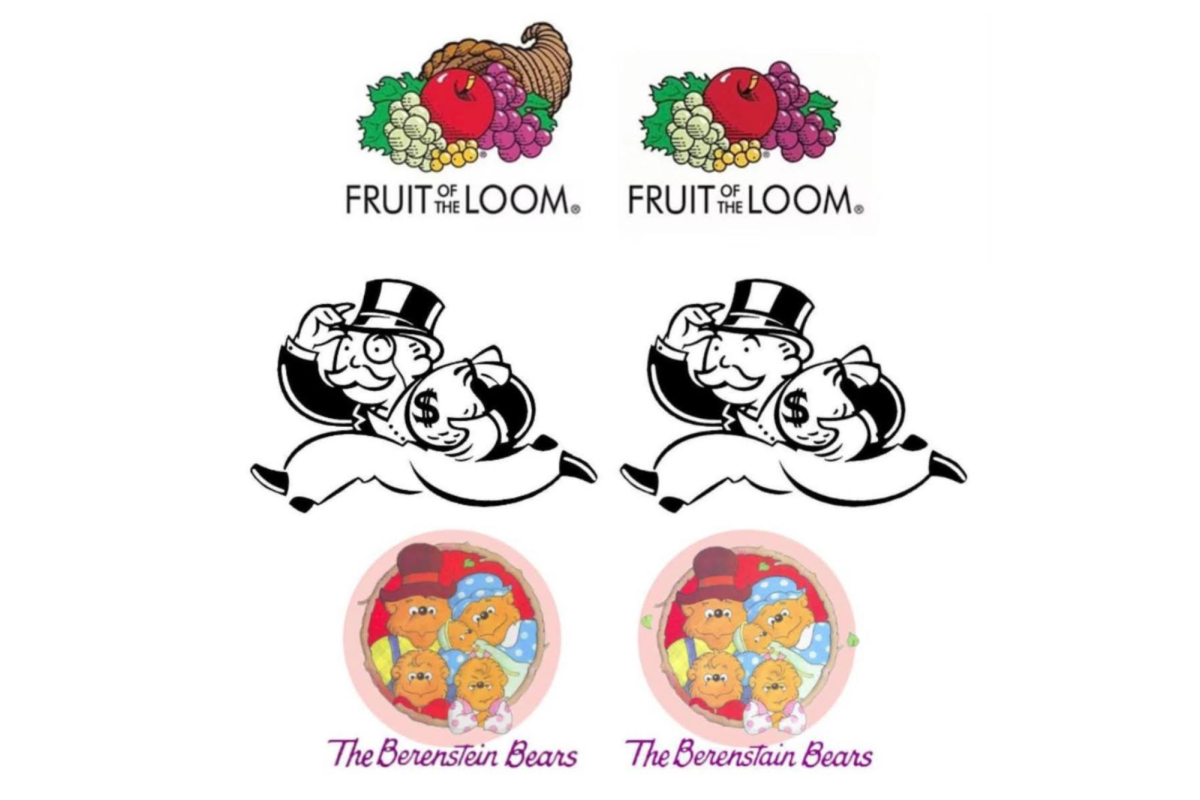For years, the Mandela Effect has led millions of people into spirals of confusion and anger, demanding that their memory is more accurate than reality itself. The Mandela Effect is a certain false memory that takes place when a wide group of people misremember the same thing, usually a historical event. It received its name from Nelson Mandela, who generated a Mandela Effect when a large group of people believed that he died in prison in the 1980s, when he in fact passed away in his home in 2013.
Memories are easily susceptible, leaving room for rumors, conspiracy theories and beliefs to slowly shape the mind into believing an untruthful fact. Writer and researcher Fiona Broome named the effect years ago when she created a website explaining her memory regarding Mandela’s ‘death’ in prison, even stating she could remember news coverage of his funeral. Finding that many others believed this, the Mandela Effect was coined. Mandela is just one of many examples of the effect.
Monopoly Man’s monocle
People from across the globe are convinced that the Monopoly Man wears a monocle on his character. He does not, though, and the basis of this exact belief is widely believed to be because people often have a preconceived idea of what old, rich men should look like. Top hats, canes and monocles all seem to fit the idea, but the Monopoly Man only consists of two of those characteristics.
“Luke, I am your father.”
James Earl Jones’s iconic line from the 1980 film “Star Wars: Episode V — The Empire Strikes Back,” is in fact “No, I am your father.”
Mickey Mouse’s suspenders
Mickey Mouse’s iconic opening has been used in dozens of iconic and famous movies. He is steering a boat, whistling and wearing suspenders. Except he is not. He has his signature pants, but no suspenders holding them up.
Captain Crunch
The name of the delicious corn cereal with a notable pirate on the front of the box is Captain Crunch. Or, at least that is what thousands of people believe. Cap’n Crunch is the real label of the addictive snack.
These are only a few famous examples of the effect. The extent to which memories can be altered by false information or rumors is extremely evident in our society, highlighting the need for caution when obtaining and sharing information.










